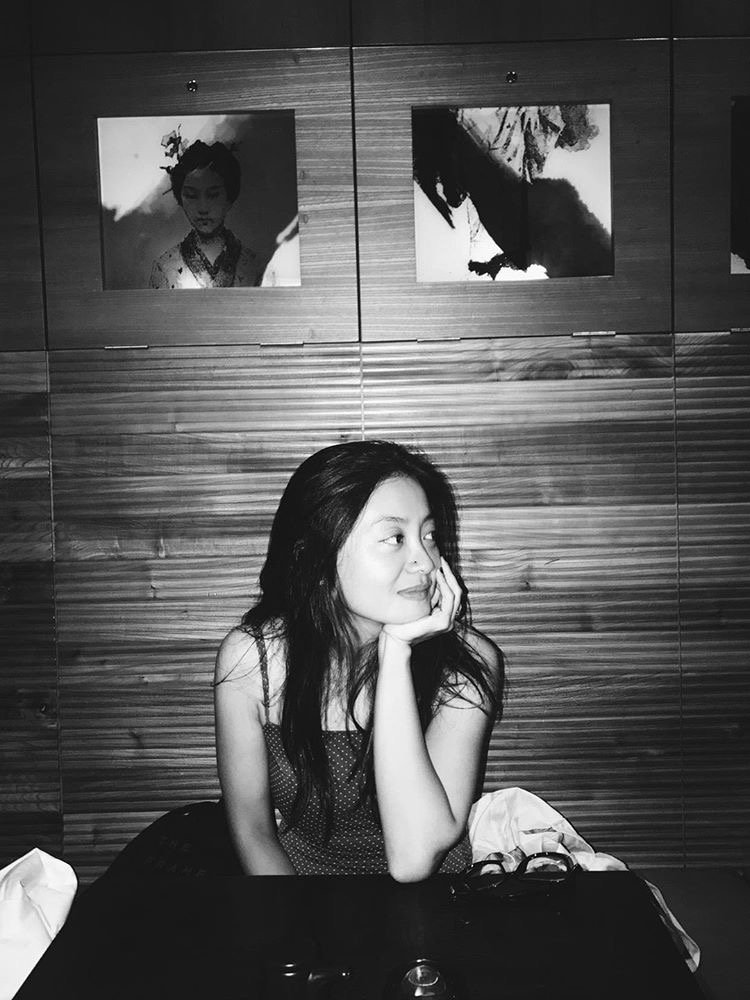Tuong Linh Do

CIMAM 2018 Annual Conference’s theme The Museum in Transition resonated with a lot of current discussions on decolonizing the museum and questions the role of the museum in a changing world of global crisis. On the first day, the keynote speech by Victoria Noorthoorn from Museo de Arte Moderno de Buenos Aires (Argentina) has eloquently heated up the discussion. Using both poetry, art and historical, theoretical discourse, the speech has gone through a history of curating and museum not just relevant to Argentinean context but to South America and internationally. The critical and decolonial attitude is to continue problematizing the term “curator” and “modernization” and confidently re-claim one own’s agency. Loulou Cherinet’s perspective then emphasized the untranslatability of the other and the hierarchy of culture where one has to adjust to fit the existing discourse. It also provokes the system of classification including knowledge keepers and producers such as libraries, museums, and universities. During the discussion, one point was raised about the necessity for collaboration and co-operation in the process of learning, unlearning and relearning. On the second day, Yuk Hui's perspective is a highlight in showing another dimension of how the world is changing today under the digital and technological influence. Hui's perspective was also about how the age of rapid acceleration has completely changed the way human perceive reality. Ho Tzu Nyen's presentation questioned how today's different forms of art making and practicing could play various different roles both inside and outside the museum context. It is also questioned the process of archiving, historicizing and building up narratives. On the third day, the issue of the Ethics of Museums in an Age of Mixed Economy is getting heated again by Jorg Heiser's keynote speech. Heiser talked about moral authority which is of great importance. Contemplating on the global crisis, increasing inequality and climate change, how art and cultural workers and practitioners could engage and create some changes and not just in the lip-service of playing the role of having moral and cultural authority. The conference has left an enormous impression and questions and space of reflecting for my own art and cultural practice in my context. Besides the workshops and visits, it was a pleasure to be in conversation and network with other peers from around the world. This opportunity has opened up other potential future collaboration, without such a platform it would be very difficult to even think of starting the discussion.